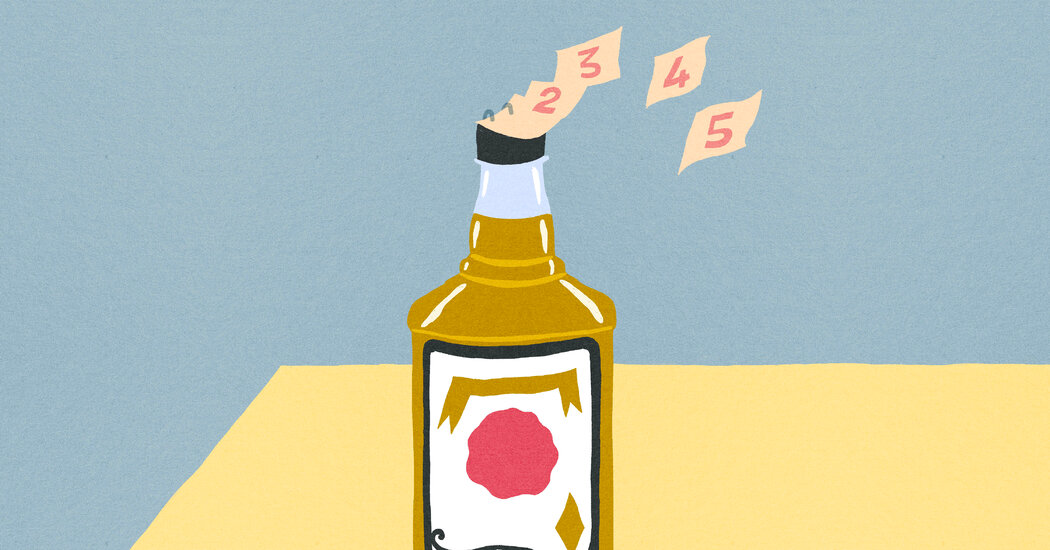
Dry January sounds like a simple proposition: No alcohol. For 31 days. And some enthusiasts jump in without much planning — perhaps even hungover after a rowdy New Year’s Eve.
There is no data suggesting that those folks won’t be able to abstain from drinking, said Dr. David Wolinsky, an assistant professor of psychiatry and behavioral sciences with Johns Hopkins Medicine, who specializes in addiction. But starting the month with a few strategies in your back pocket — and with a clear sense of your goals — may help you get the most out of the challenge.
“Most of the benefits of Dry January are probably going to be related to the intention with which you go into Dry January,” Dr. Wolinsky said. The challenge isn’t a stand-in for treatment for people with alcohol use disorder, he stressed, but those who are looking to get a fresh start to the year may benefit from the mental and physical reset it can offer, and the opportunity to adopt new habits. For instance, a 2016 study found that six months after Dry January ended, participants were drinking less than they were before.
We spoke to Dr. Wolinsky and other experts about some strategies for a successful month.
Tell people about your plan.
One of the simplest steps is to spread the word among friends and family that you intend to take the month off, said Casey McGuire Davidson, a sobriety coach and host of “The Hello Someday Podcast,” which focuses on “sober-curious” topics.
Research has shown that accountability can play a critical role in helping habits stick, and you might find a friend or partner to join you, Ms. Davidson suggested. Even if you don’t, you may be surprised by how encouraging people are of your goal (though she said you should share it only with people you trust).
“Dry January gives people a period of time when they can stop drinking with community and support,” she said, “without a lot of questions.” Ms. Davidson also recommended reading books that may help you evaluate your relationship with alcohol, or listening to sobriety podcasts.
